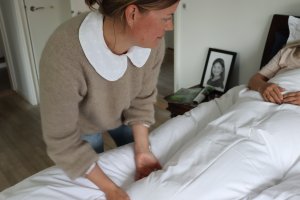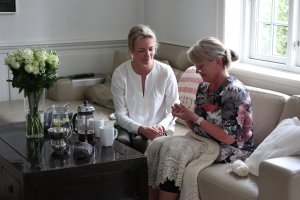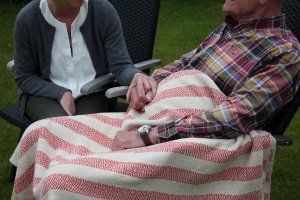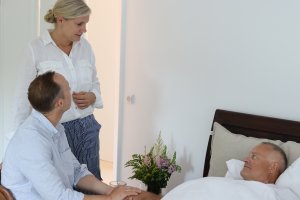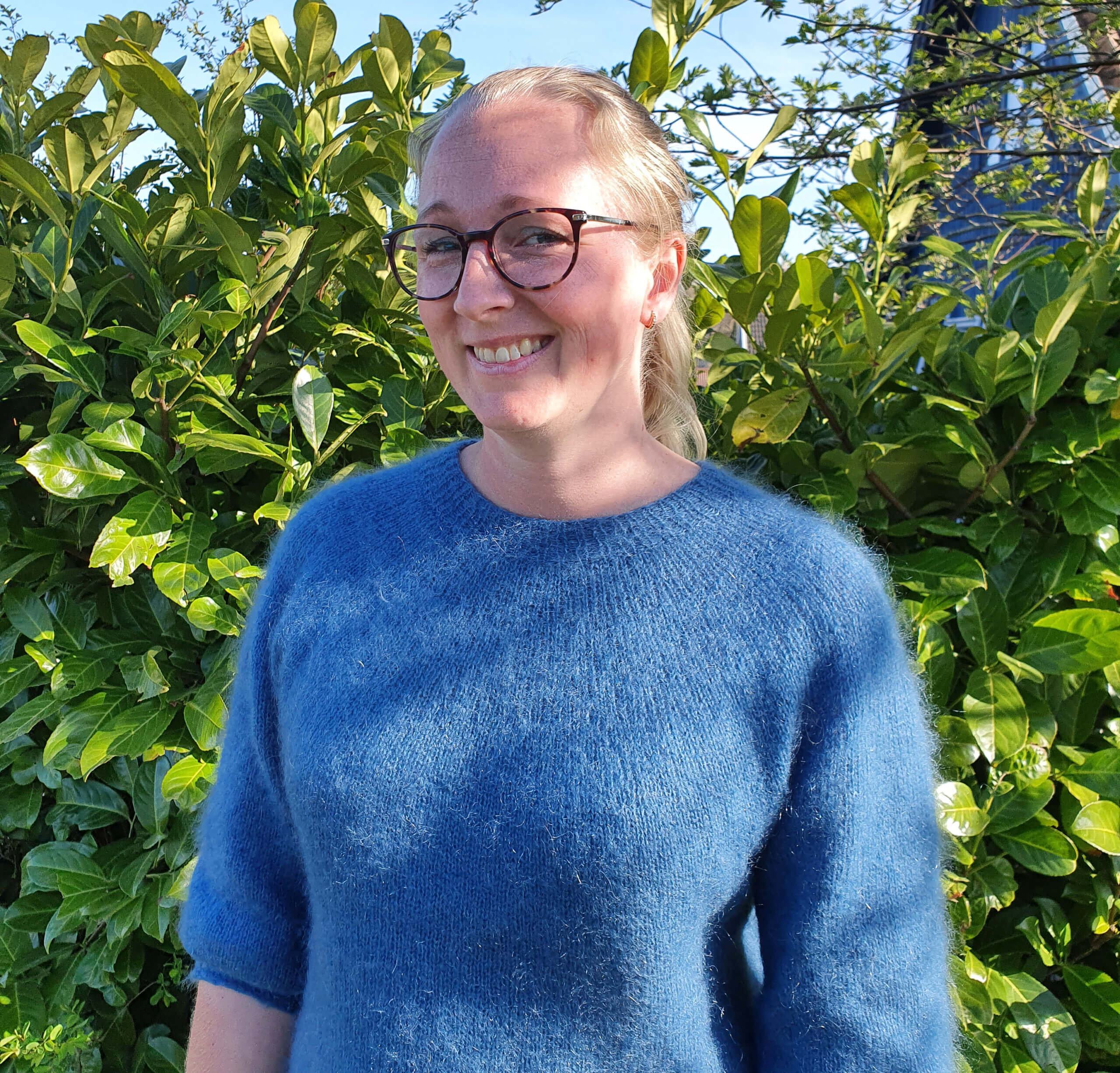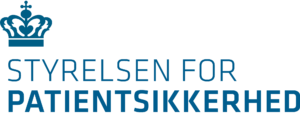Many terminally ill people struggle with losing control of their lives. It helps to get them talking about it and listening, says palliative nurse Martha Johansen
You don’t think it will affect you, because you’ve always been fit and active. But as you get older, you gradually have less energy and can do less. You may also have pain, shortness of breath, memory problems, and difficulty falling asleep. It affects your everyday life and your relationships with your loved ones.
Martha Johansen, who has been a nurse for 15 years, says that for many people losing the ability to look after themselves as they get older is a huge sadness.
For many, losing the ability to walk and take care of themselves is a real loss and grief. Many also suffer from pain, anxiety, and shortness of breath. They can't be who they once were
Martha Johansen, privat sygeplejerske
In addition to her job as a palliative nurse, she has experience with terminal and palliative patients as a private nurse at Privat Sygeplejerske ApS.
It also affects their role in the family: “They are now given the role of the sick. This can have a major impact on family dynamics, especially if it is someone who has had a very significant role in the family. It gives a sadness of not being who they have been,” Martha Johansen says.
Helps to talk about their anxiety
In her experience, it is very individual whether the individual reacts with passivity, powerlessness, or anger. But the majority of people know that it won’t be the same again.
“It can be beneficial for some to talk about their anxiety, but I probably disagree that they should just accept it. Here, conversation and support can help some to recognize that they are going to die. Others will never come to that realization, and so be it,” Martha Johansen says. She emphasizes that as a nurse she can’t solve their problems.
“These are their new terms. I can talk to them about it and listen to their frustrations about why life didn’t turn out the way they thought. They may have thought they would spend their retirement years traveling, but they can’t because they now have a big lump in their chest. It can bring relief talking about it,” Martha Johansen says.
Some find peace in the recognition that they can’t change it. But it is far from all. For Martha Johansen, the most important thing is to show them that they can trust her. So she tries to create a space where they feel safe. Then they can put into words what they are thinking and talk about their feelings.
It's not about moving on
If the patient does not have long to live, much of the time will be spent relieving their pain and supporting their close relatives. It is important to meet loved ones where they are right now and to build trust and reassurance.
“It’s not about ‘moving on’. Most people can’t imagine being without their husband or wife, especially when they are still there. Instead, I try to talk about what’s there now and prepare them for what’s to come,” Martha Johansen says.
She listens to them and asks questions. This gives her a sense of what they know themselves and what they actually need answers to. For example, not everyone wants to know when their father will die – even if they ask. Moreover, she can’t give them a definite answer to that, as it may be different from person to person.
Private nursing care can provide greater reassurance
Martha Johansen believes that 24-hour private nursing care can allow the terminally ill to stay at home.
As a private nurse, I can be there when the patient needs me. It gives a great reassurance regarding pain and anxiety, which you can't get with the municipal nursing service
Martha Johansen, privat sygeplejerske
For example, she spends 8-12 hours with the patient and is then replaced by 1-2 other nurses. Then they cover the whole day in the last days. In contrast, public home care only comes for 1 ½ hour every 2-4 weeks. This gives a completely different knowledge and responsiveness to the patient.
“It’s very reassuring to have the same people around you who have time for you, especially when you’re very ill. Then there will also be room for more chatting and hearing their life story as well as everyday trivia,” Martha Johansen says.
Read more about Privat Sygeplejerske ApS’s offer for palliative patients and home hospice. We offer help from our private nurses in North Zealand and the rest of Denmark.
You can also read our article with palliative care nurse Diana, who talks about her work and how she can make a difference to her patients.

